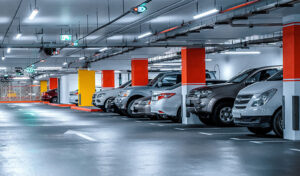
The Dangers of Parking Lots: 8 Things to Consider
This article will explore key risks and legal considerations associated with parking lots, including premises liability laws and insurance coverage.

This article will explore key risks and legal considerations associated with parking lots, including premises liability laws and insurance coverage.
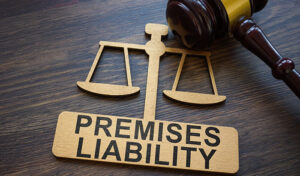
Premises liability law exists to protect individuals who get hurt and discourage property owners from being negligent in the care of their property.

Premises liability laws apply to homes and businesses, as well as public parks. These laws are in place so that property owners adhere to a legal duty of care. That
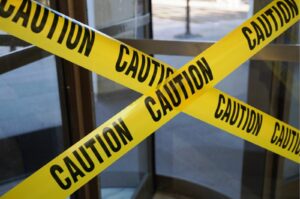
Often, a clear warning sign is all that is needed to prevent a serious fall. If you were injured on a private or commercial property due to a lack of
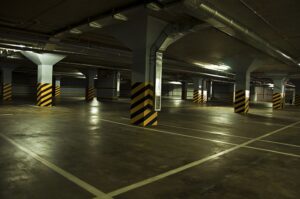
Crimes like sexual assault occur daily in the United States. Although a crime can take place anywhere or at any time, there are certain conditions that make crimes more likely.
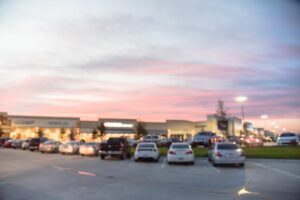
When people spend time at shopping centers, they expect to feel a level of safety for themselves and their possessions. Unfortunately, assault and theft can happen when security is negligent.
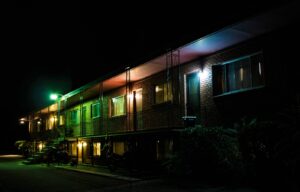
People who live in apartment complexes should be able to feel safe in their environment. Unfortunately, an unsecure apartment complex can attract criminal activity. Crimes like robbery, battery, and sexual

Whenever we’re out and about going through our day, we often do not consider the risk of electrocution. That’s because many places we frequent are safe and the risk rarely
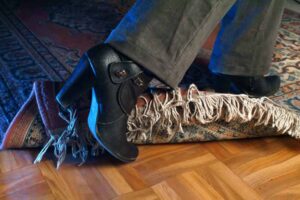
Property owners of businesses and homes are responsible for keeping the premises safe for customers or visitors. This includes maintaining clear walkways, free from obstacles that can cause a fall.
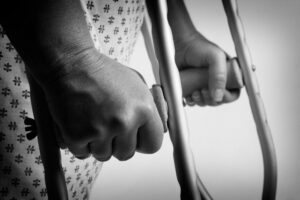
Premises liability cases focus on the duty of a property owner owed to patrons or visitors. A stumble or trip along a sidewalk, hallway, or other walkway in a public place
Swimming pools are great for cooling off and having fun in warmer weather, but without proper safety precautions, swimming pools can be a dangerous place. Drowning is of particular concern
Household gas appliances, like furnaces, stoves, and gas heaters, can pose a serious threat to you and your loved ones. If not properly installed or maintained, these appliances can leak
UTAH INJURY LAWYERS
Flickinger • Boulton
• Robson • Weeks
PROVO OFFICE
3000 N University Ave
Suite 300
Provo, UT 84604
SOUTH JORDAN OFFICE
10393 S. Temple Dr.
Suite 103
South Jordan, Utah 84095
OFFICE HOURS
Monday- Friday: 8AM-5PM
Saturday-Sunday: Closed
*Disclaimer: the information provided by this website is for informational purposes only and should not be considered legal advice or a substitute for competent legal counsel.
**SMS consent and contact phone numbers will not be shared or sold to third parties or their affiliates for any purpose.
© 2025 All Rights Reserved.